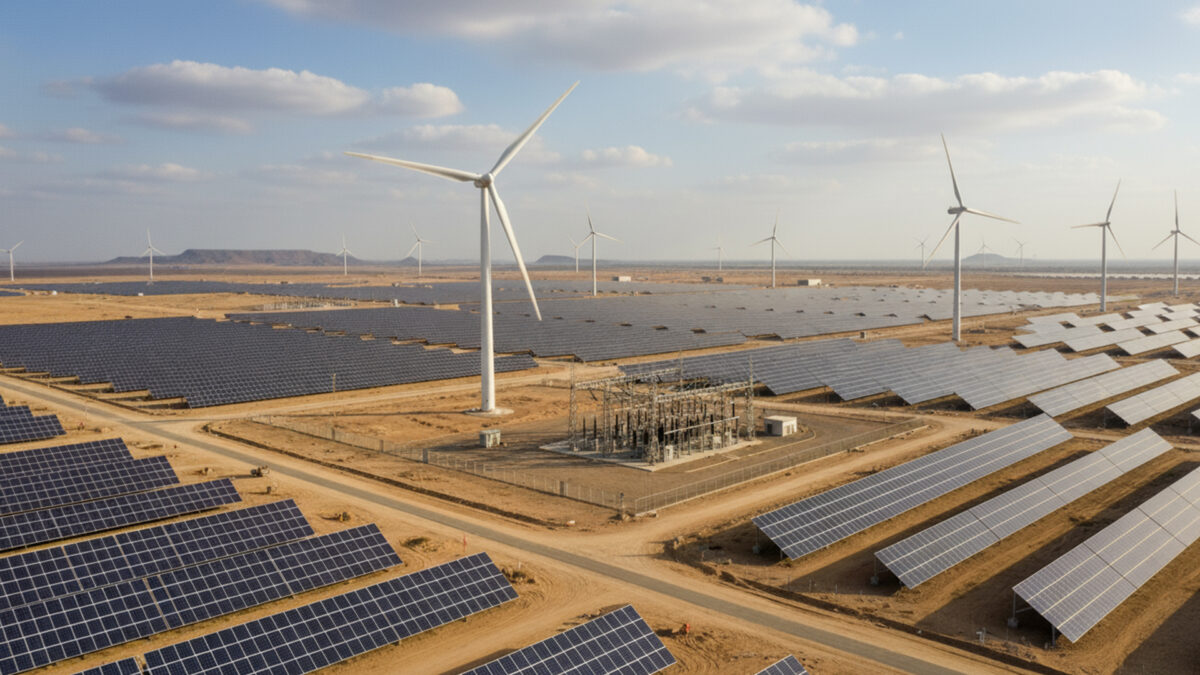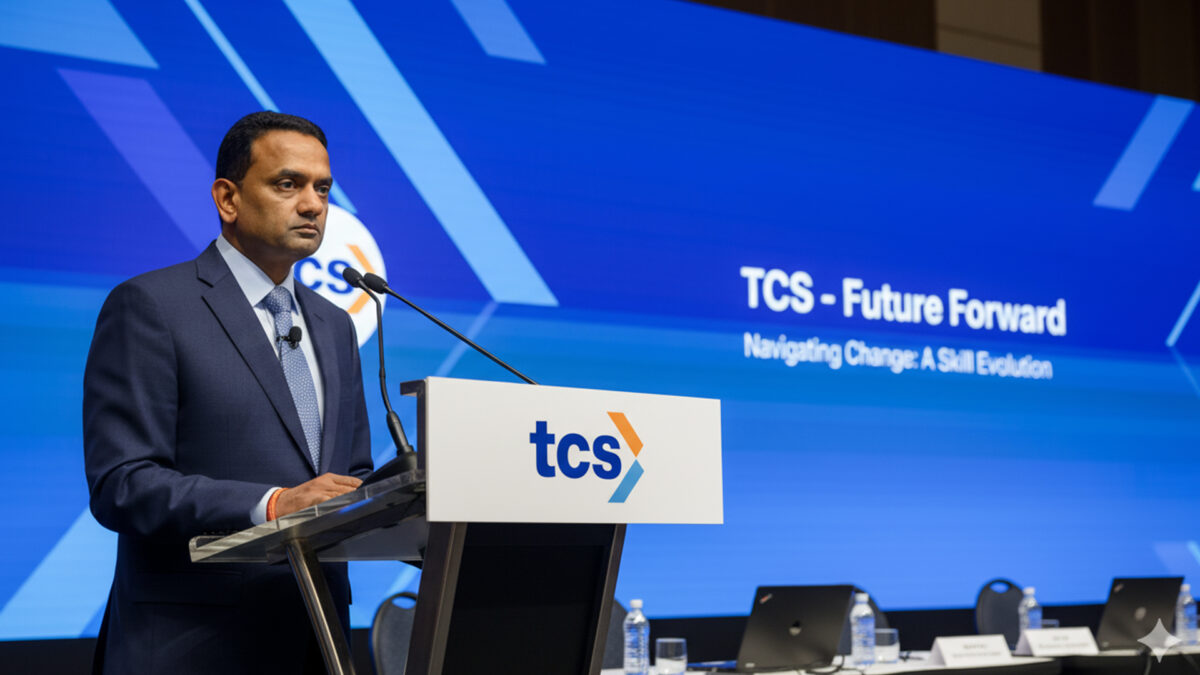The agreement aims to promote long-term capital for productive capacity building, explicitly excluding foreign portfolio investment.
The India-European Free Trade Association (EFTA) Trade and Economic Partnership Agreement (TEPA) officially came into effect on October 1, 2025.
Signed on March 10, 2024, this agreement marks India’s first free trade agreement with four developed European nations: Switzerland, Norway, Iceland, and Liechtenstein.
TEPA is a comprehensive 14-chapter agreement covering various aspects of trade and economic cooperation. It includes provisions on market access for goods, rules of origin, trade facilitation, trade remedies, sanitary and phytosanitary measures, technical barriers to trade, investment promotion, market access for services, intellectual property rights, and trade and sustainable development.
Notably, it incorporates binding commitments for investment and job creation, a first in any free trade agreement signed by India.
Under TEPA, EFTA countries have committed to increasing foreign direct investment (FDI) in India by $100 billion over the next 15 years.
This investment is expected to generate 1 million direct jobs in India, focusing on sectors such as manufacturing, renewable energy, life sciences, and digital transformation.
The agreement aims to promote long-term capital for productive capacity building, explicitly excluding foreign portfolio investment.
In terms of market access, EFTA has offered India access to 92.2% of its tariff lines, covering 99.6% of India’s exports. This includes 100% of non-agricultural products and tariff concessions on processed agricultural products.
India’s offer to EFTA covers 82.7% of its tariff lines, accounting for 95.3% of EFTA’s exports. Sensitive sectors such as pharmaceuticals, medical devices, processed food, dairy, soy, coal, and certain agricultural products have been protected under the agreement.
TEPA also provides enhanced opportunities for India’s services sector. India has offered commitments in 105 sub-sectors, while EFTA countries have made commitments in 128 sub-sectors (Switzerland), 114 (Norway), 107 (Liechtenstein), and 110 (Iceland).
The agreement facilitates mutual recognition agreements (MRAs) in professional services such as nursing, chartered accountancy, and architecture, enabling Indian professionals to access EFTA markets more easily.
It also improves access through digital delivery of services, commercial presence, and greater certainty for entry and temporary stay of key personnel.
Intellectual property rights (IPR) are another significant aspect of TEPA. The agreement ensures IPR commitments at the World Trade Organization’s Trade-Related Aspects of Intellectual Property Rights (TRIPS) level.
The IPR chapter with Switzerland sets high standards, addressing India’s interests in generic medicines and concerns related to patent evergreening.
TEPA emphasizes sustainable and inclusive development, aiming to foster transparency, efficiency, simplification, harmonization, and consistency in trade procedures.
It also focuses on employment, skills, and technology collaboration, accelerating the creation of direct jobs for India’s young workforce and facilitating access to world-leading technologies in precision engineering, health sciences, renewable energy, innovation, and research and development.
The agreement is expected to unlock opportunities across a wide range of industries.
With EFTA’s offer covering 92% of tariff lines, Indian exporters in sectors like machinery, organic chemicals, textiles, and processed foods will enjoy significantly improved access to EFTA markets. This will enhance competitiveness, reduce compliance costs, and accelerate access to EFTA markets.
In the agriculture and allied goods sector, India’s exports to EFTA are concentrated, with guar gum accounting for over 70% of the export basket in 2024-25.
Other exports include processed vegetables, basmati rice, pulses, fresh fruits, cereal preparations, and grapes. Norway and Switzerland together account for over 99% of India’s agri-exports to EFTA. The agreement is expected to reduce tariff barriers and expand India’s share in key commodities.
In the services sector, TEPA is expected to boost India’s services exports in areas of core strength such as IT and business services, cultural and recreational services, education, and audio-visual services.
EFTA’s services offers better access through digital delivery of services, commercial presence, and improved commitments and certainty for entry and temporary stay of key personnel.
The agreement also includes provisions for mutual recognition agreements (MRAs) in professional services such as nursing, chartered accountancy, and architecture, creating new avenues for Indian professionals in EFTA markets.
The India-EFTA Trade and Economic Partnership Agreement (TEPA) is a significant milestone in India’s trade relations with Europe.
It enhances market access for goods and services, strengthens intellectual property rights, and fosters sustainable, inclusive development, while supporting initiatives like “Make in India” and “Atmanirbhar Bharat.”
The agreement is expected to have a positive impact on India’s economy by attracting investment, creating jobs, and expanding trade opportunities.
Also Read: Apple, Google, and Meta Face Legal Challenges Over Gambling Apps








